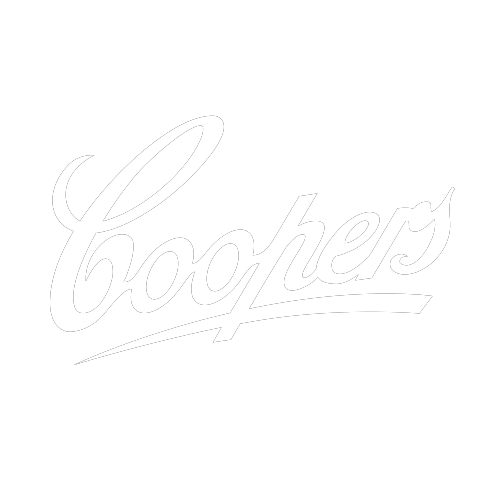Let the Healing Begin
5 March–30 April 20115 Mar–30 Apr 2011
The idea that art makes us better people, that it heals our souls, is an anathema. In the art world, ‘art therapy’ is the butt of endless jokes. Nevertheless, contemporary art is riddled with therapeutic subtexts and strategies. Let the Healing Begin features works that address therapy. Some of the works endorse therapeutic imperatives, some satirise them, others are undecided. The line-up is a mix of local and international artists. The show was prompted by the work of Melbourne artist Stuart Ringholt, who is known for his autobiographical book Hashish Psychosis: What It’s Like to Be Mentally Ill and Recover. He is represented with a selection of works, including portrait mirrors with circles painted on them and collages of faces, which suggest problems in recognising and relating to self and to others.
Therapy is all about making and unmaking—restoring and repairing—one’s self. The show features a self portrait by Grayson Perry, the Turner-Prize-winning cross-dressing potter. Inspired by the Mappa Mundi, Perry created a fanciful map of the social forces that made him the man he is. Polly Borland’s Smudge photographs, however, are about people unmaking themselves through carnivalesque, gender-bending dress-ups. Change is good, but not always. Ronnie van Hout offers a tiny sculpture of a man turning into a banana, who carries a sign which says ‘HELP ME’; another sculpture, a self portrait as twins, presents both sides of his personality, Doom and Gloom. In his political poster The Greatest Tragedy of President Clinton’s Administration, Mike Kelley argues that America’s primary health issue is the low self-esteem induced by celebrity culture. He suggests that people made over as celebrity lookalikes be required to work in sex clinics, servicing members of the public. The flip side of this modest proposal is a compilation of newspaper articles regarding the attempted rape of Steven Spielberg.
Videos of performances loom large in the show. The earliest work is Zock Exercises, a 1967 film by the Viennese actionist Otto Muehl. (With a background in psychoanalysis, Muehl led a notorious therapeutic cult in the counterculture period.) In one video, Marina Abramovic and Ulay take turns to slap one another across the face; in another, they scream. In his notorious Cathartic Action: Social Gesture No. 5, the one-armed Mike Parr chops off a fake arm, has it replaced by a pink knitted ‘sock’ arm, then explains what this means to him. Matt Mullican makes art under hypnosis through his regressed persona, ‘That Person’. Meanwhile, in his documentary Bacon’s Dog, Dani Marti introduces an older man to the world of sexual intimacy.
Artists
Curated By
- Robert Leonard



